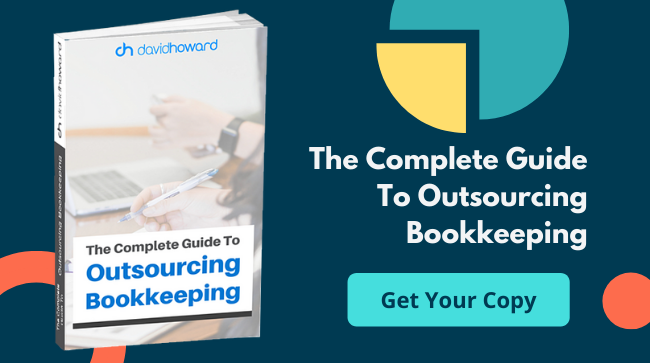What Are The Accounting Differences Between A Large & Small Business

As small business accountants that working entrepreneurs rely on, David Howard accountants have become intimately familiar with the bookkeeping and accounting needs of small businesses. We have become specialists in attending to the accounting needs of small businesses, but how do those needs differ from the accounting requirements of large businesses?

Small vs Large Business Accounting
Small business accounting primarily differs from that of large businesses in as much as it's often focused on establishing bookkeeping systems and accounting protocols.
Smaller businesses will also often have their focus more towards shorter-term growth and expansion. So, the accounting requirements of smaller businesses will often include plans for improving and upgrading equipment, location, premises, and hardware. As a business becomes more established, the focus tends to shift towards a more sustained spell of growth over a longer period of time.
Employee requirements are also considerably different. A larger business will almost certainly have multiple employees in place already, with a system established for managing their pay. A small business will have to establish such a system - whether it be for the peace of mind of the owner-operator or to manage the business's first few employees as growth takes hold.
The Reality Of Your SME's Needs
SMEs and large business don't have anywhere near the same accounting requirements - and it's not just a matter of scale. With an SME, the majority of their financial processes are yet to be determined. This is why it makes such sense to involve a financial professional, to ensure that those systems are implemented properly.
It's important to remember, however, that just as SMEs and large businesses don't have the same accounting requirements, nor indeed do any two SMEs. Every business is different. Your unique situation, the way your business operates, your goals, and your intended path to growth will all dictate the specific accounting requirements that you have. It's essential that you, and any accountancy professional you involve, knows this.
Outsourcing accountancy is a collaborative effort. There's no "one size fits all" approach, so make sure that you trust an accountant willing to work with you to develop and implement the right accounting systems for your needs.
Contact David Howard accountants today for professional and reliable SME accounting services.
Image source: Pixabay
Posts by Topic
- Accounting Services (58)
- Tax Services (57)
- Tax (50)
- Smart Accounting Services (34)
- Tax Return (29)
- Corporation Tax (26)
- COVID-19 (24)
- sme accounting (24)
- Clients (19)
- Switching Accountants (16)
- VAT (15)
- Making Tax Digital (13)
- News (13)
- Xero (13)
- Dividend Tax (12)
- bookkeeping (12)
- Payroll (10)
- Cloud Software (9)
- Capital Gains Tax (6)
- Inheritance Tax (3)
- Savings (3)
- Benefits In Kind (Employee Benefits) (2)
- Case Studies (2)
- Stamp Duty (2)
- Trust (2)
- Trust Account (2)
- GDPR (1)
- Insider (1)
- Lifetime ISA (1)
- Retirement Savings (1)
- Wear & Tear Allowance (1)
